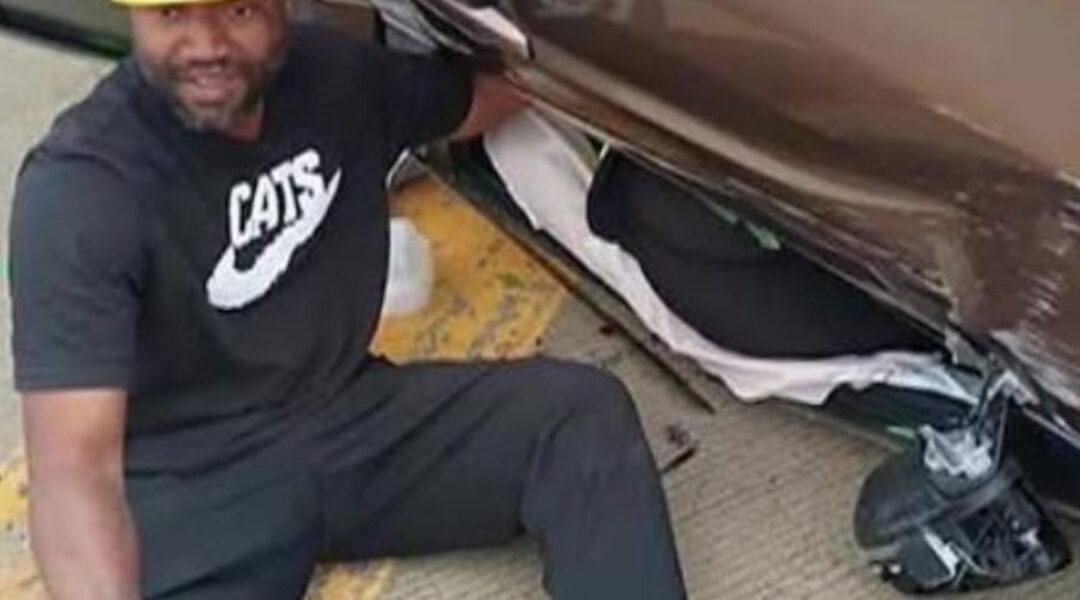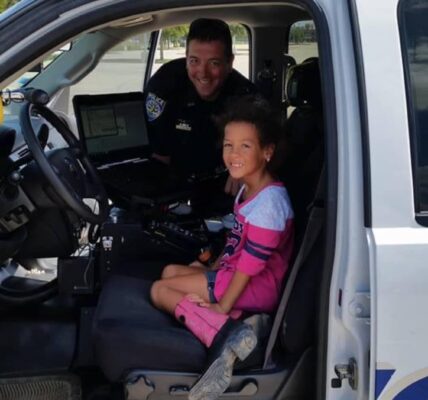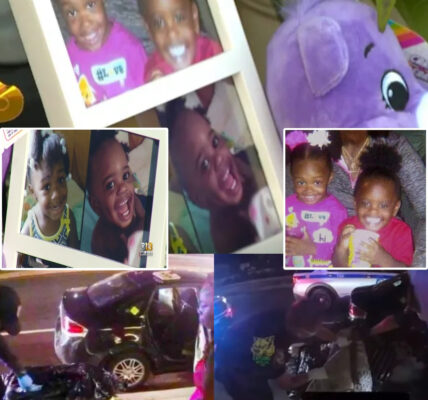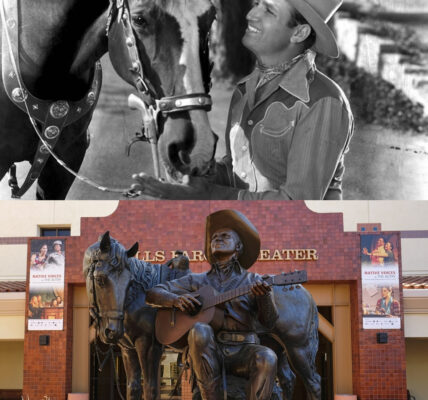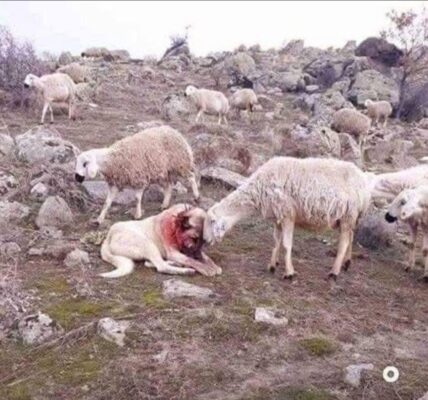
When the crash happened, the sound was sharp and sudden — metal scraping, glass shattering, the kind of noise that makes people freeze. But Nathaniel Bunn didn’t freeze.
He ran.
Down the street in Pittsburgh, a car had flipped over, landing upside down on the asphalt. Smoke rose from the hood, its wheels still spinning. A few people were already nearby, phones in their hands, recording. But no one seemed to know what to do.
Nathaniel didn’t think twice.
He dropped to his knees beside the car, peering through the shattered window. Inside was a woman, trapped upside down in her seat, motionless except for the small tremor of her hands. The seatbelt held her tight. She wasn’t crying or screaming — just quiet. Terrified.
“I couldn’t get her out,” Nathaniel later told reporters. “The doors were jammed. So I just sat down beside the car and told her to hold my hand.”
And she did.
Through broken glass and twisted steel, their fingers found each other. She didn’t say a word — just squeezed his hand, hard, as if clinging to the only piece of calm in a world turned upside down.
Nathaniel kept talking to her. Softly. Steadily.
“Help’s coming,” he told her again and again. “You’re not alone. I’m right here.”
He didn’t know her name. Didn’t know what had caused the crash. All he knew was that in that moment, she needed someone to stay — not someone to record, not someone to stare. Someone to be there.
Minutes passed. Sirens grew louder. Firefighters rushed in, cutting through the metal to reach her. Nathaniel stayed put until they pulled her free and lifted her onto a stretcher. Only then did he let go of her hand.
When it was over, the adrenaline faded, and the reality hit him. He looked around at the crowd — still holding up their phones, capturing the flashing lights instead of the life that had just been saved.
“It made me feel sad,” he said quietly. “It just showed how the world is changing.”
But for that woman, the world hadn’t changed completely. There was still kindness. Still a stranger who stopped, knelt in the dirt, and offered the simplest thing a human can give — comfort.
Later, Nathaniel called the hospital to check on her. He didn’t even know her name — just needed to know she was alive.
“They told me no one was in critical condition,” he said. “That was enough.”
He never got to see her again. Never heard her voice. But in that brief, fragile moment between fear and rescue, they had shared something that mattered — the kind of silent connection that doesn’t fade easily.
“If you ever see someone who needs help,” Nathaniel said afterward, “try to help them. Don’t just think about yourself.”
It’s a simple message, but one that feels rare these days. When so many watch the world through a screen, he chose to touch it instead — literally reaching out into the wreckage to remind someone they weren’t alone.
Because sometimes, heroism isn’t about lifting cars or saving lives with grand gestures. Sometimes it’s just holding a hand when no one else will.
